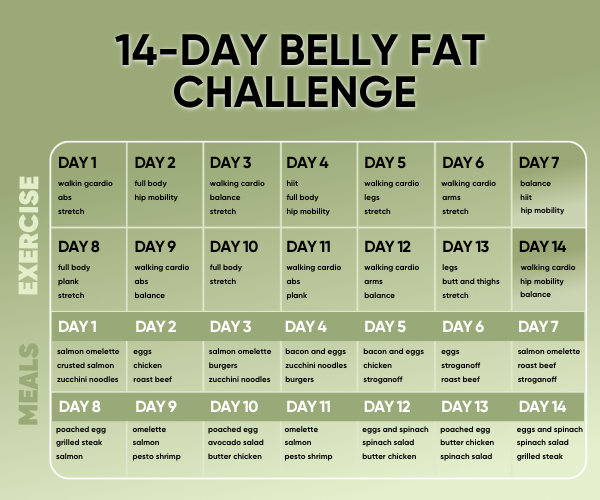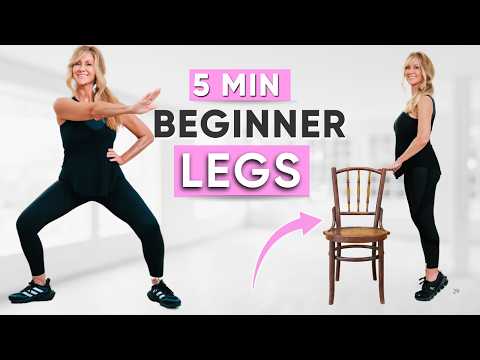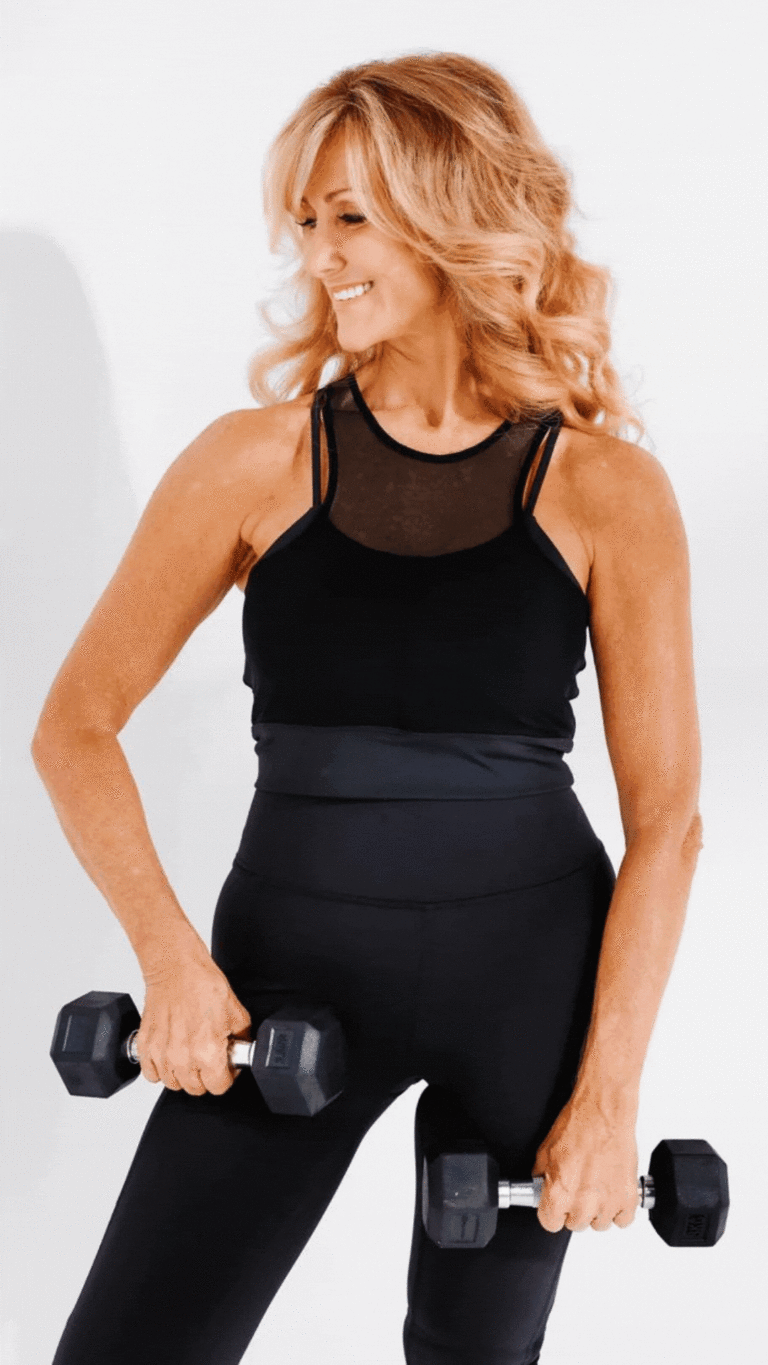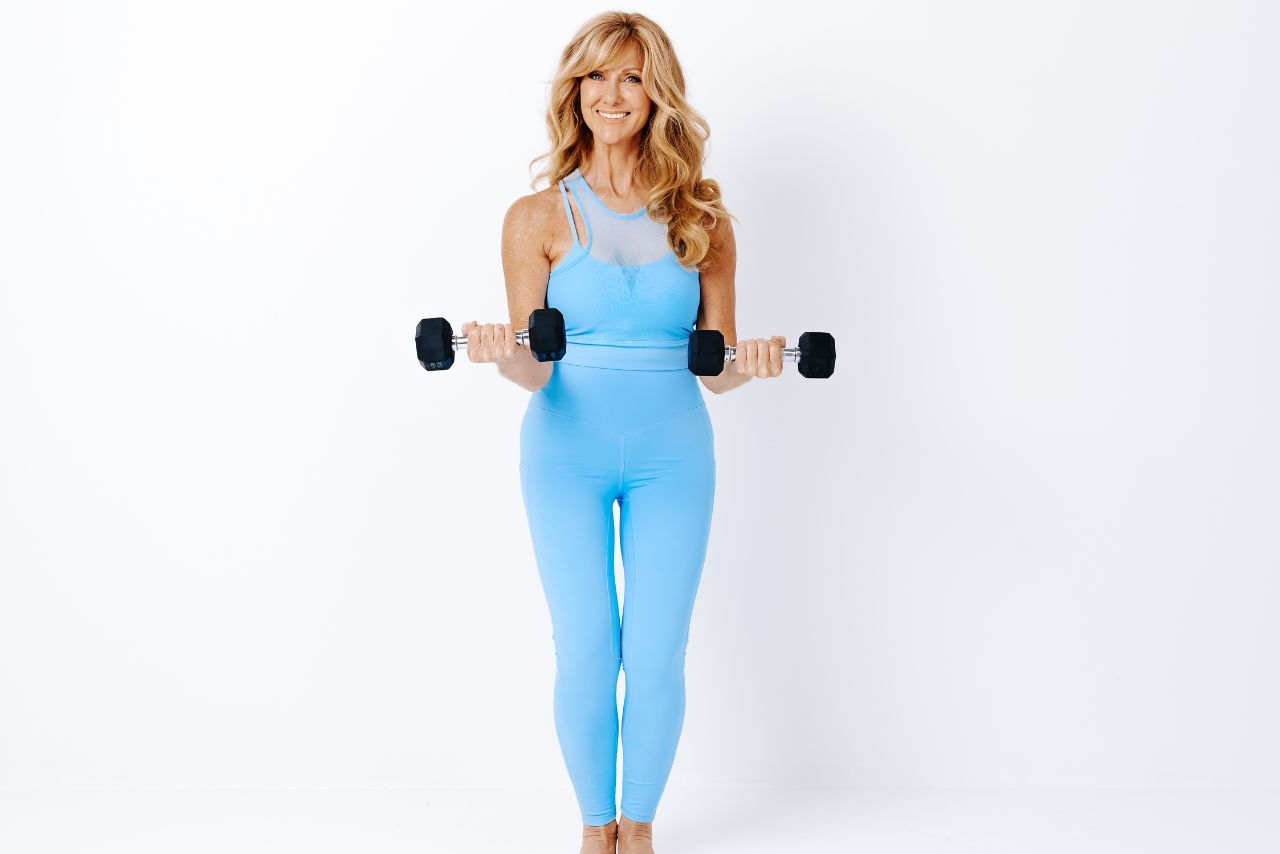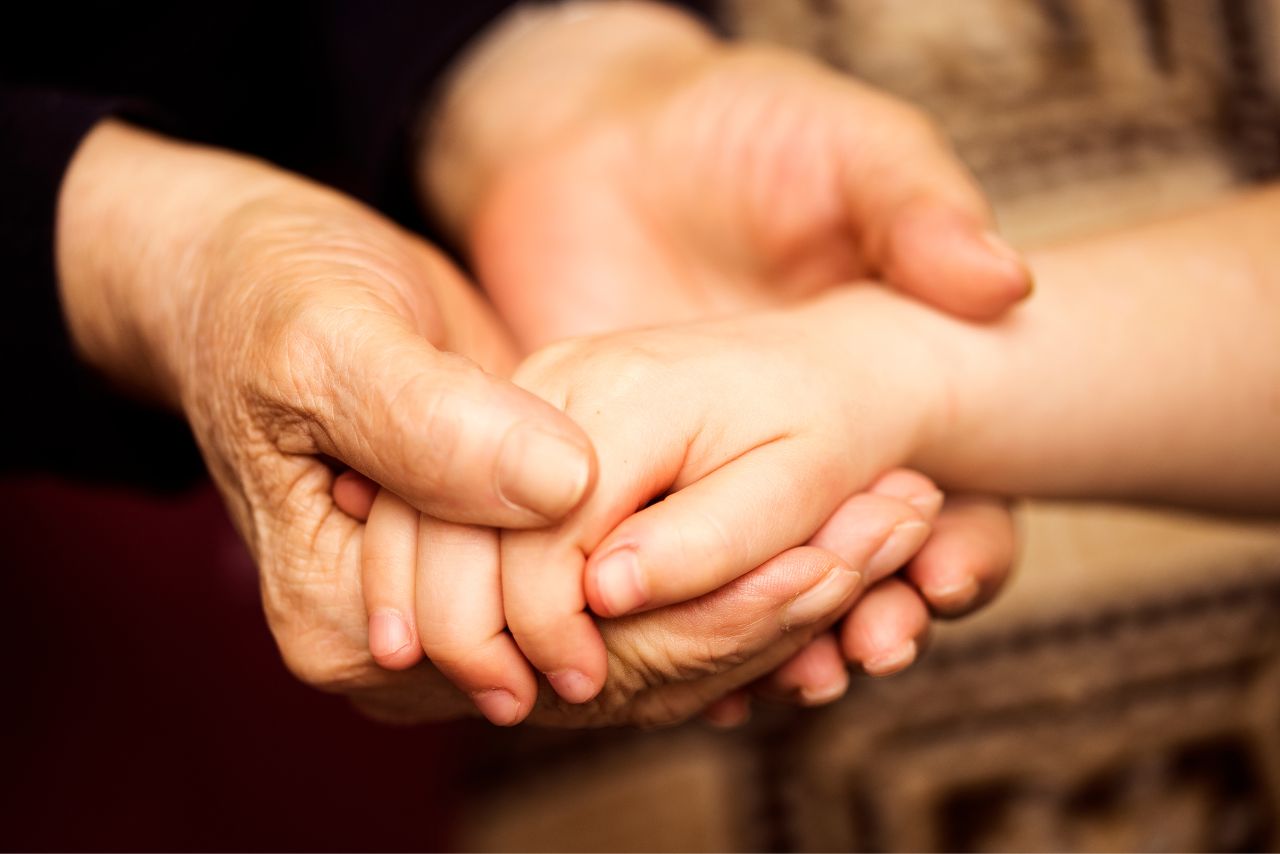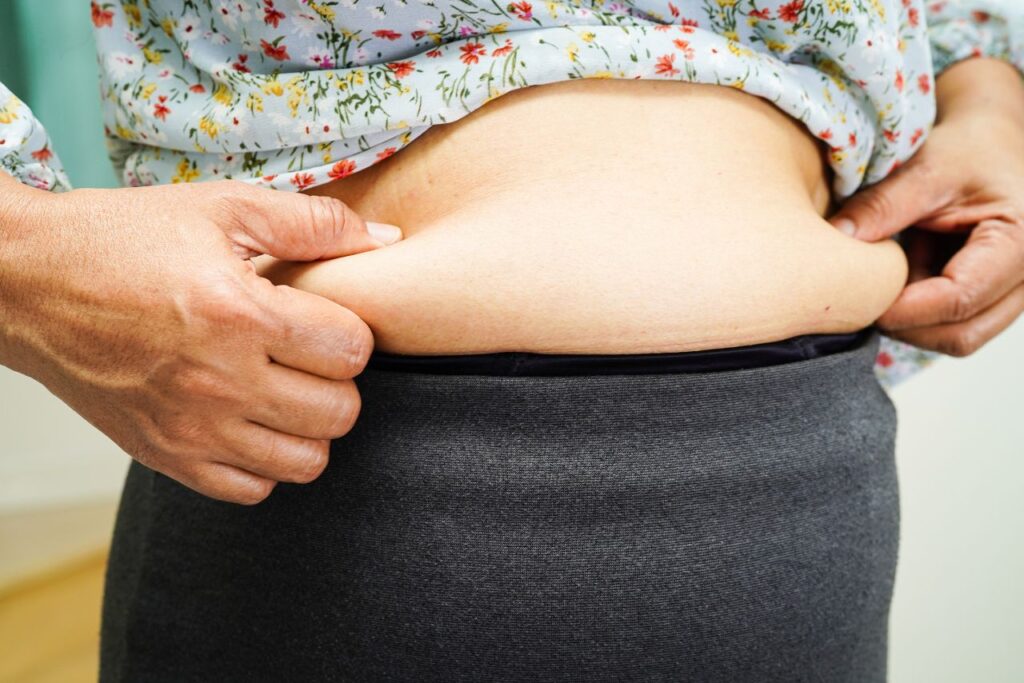
It’s common for women over 50 to notice changes in their body shape, including increased belly fat. Hormonal changes, slower metabolism, and lifestyle factors can contribute to this.
In fact, some women believe that getting older means getting a bigger waist. When a woman goes through menopause, her body fat tends to move to her stomach.
This phenomenon, often referred to as the “menopause belly,” can be frustrating and challenging to manage.
But having extra fat around the belly does more than just make it hard to zip up your favorite jeans. There are very real health risks associated with having belly fat, according to NY Times.
Understanding the root causes and putting effective strategies into action can help reduce this problem and improve health and well-being in general.
Belly Fat in Women Over 50
As you get older, it’s normal for your body to undergo changes, especially during menopause. Hormonal shifts, such as changes in estrogen and progesterone levels, can lead to an increase in belly fat.
During perimenopause, the time leading up to menopause, many women experience symptoms like hot flashes, mood swings, and significant weight gain, particularly around the abdomen.
This belly fat is a serious health risk. As your body gains weight, the usual fat storage areas can become full, leading to fat deposits around your abdominal organs, including the liver and intestines. This deeper, more dangerous fat is known as visceral fat or belly fat .
Visceral fat is biologically active, acting like an endocrine organ that secretes hormones and chemicals linked to many diseases common in older adults. These include cytokines, which increase the risk of heart disease and reduce the body’s sensitivity to insulin, potentially leading to diabetes.
Visceral fat also produces substances that can cause blood vessels to constrict, raising blood pressure.
Managing and reducing belly fat is essential for maintaining good health as you age, as it helps lower the risk of these serious conditions.
READ ALSO: A Simple 10-minute Seated Ab Workout To Burn Belly Fat For Women Over 50
Causes of Belly Fat Gain in Women Over 50
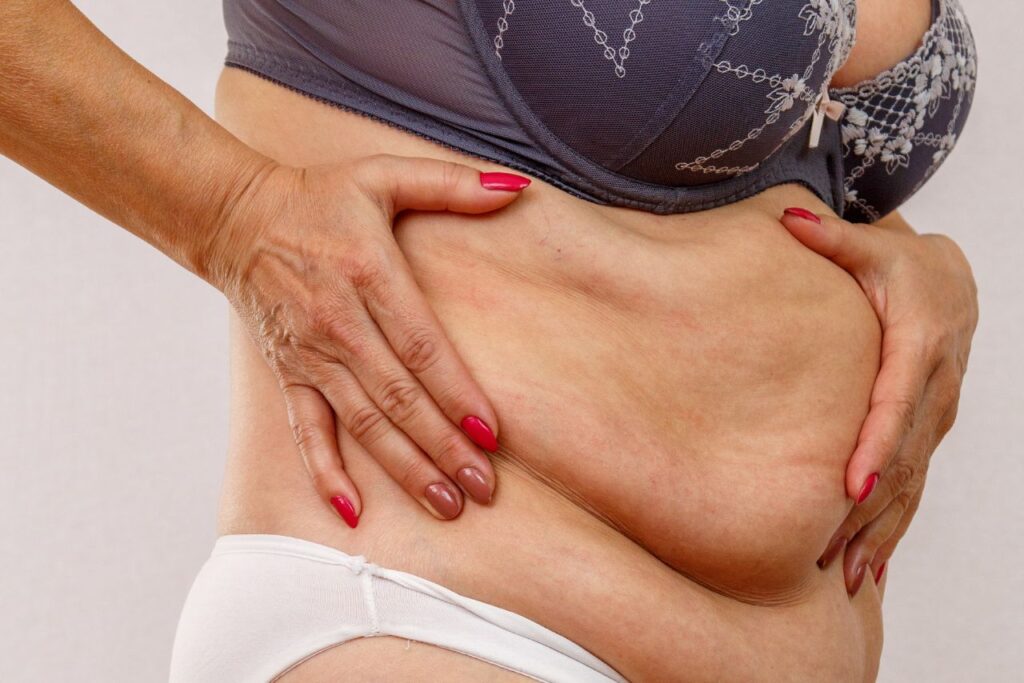
The accumulation of belly fat in women over 50 can be attributed to a combination of factors, including hormonal changes, lifestyle choices, and dietary habits.
If you want to manage and reduce belly fat effectively, you must first understand these causes.
Hormonal changes and belly fat
One of the primary contributors to belly fat gain in women over 50 is the hormonal shift that occurs during menopause.
A study found that women experiencing menopause often exhibit increased abdominal fat deposition compared to premenopausal women.
The decrease in estrogen is believed to influence fat distribution, leading to a shift from the hips and thighs to the abdominal region.
In addition, a drop in estrogen can slow down the metabolism, making it harder to burn calories quickly.
Lifestyle factors
A sedentary lifestyle becomes more common with age, leading to reduced calorie expenditure and increased fat storage, particularly around the belly.
Similarly, as women age, their metabolism tends to slow down due to a decrease in muscle mass (sarcopenia). Muscle tissue burns more calories than fat, so less muscle means fewer calories burned.
Furthermore, stress can play a significant role in belly fat accumulation. Chronic stress and poor sleep quality can raise cortisol levels, which is a hormone that makes it easier to store fat, especially around the middle.
The role of diet in belly fat accumulation
What you eat can have a big effect on how much belly fat you gain. It is possible to gain weight and get more belly fat if you eat a lot of processed foods, refined carbohydrates, and unhealthy fats. Additionally, hormonal changes can affect appetite and food cravings.
Eating refined carbohydrates is linked to more obesity and insulin resistance, which causes belly fat, according to a review published in July 2019 in Medical Hypotheses.
Due to its high calorie content and the body’s natural tendency to store extra calories as fat, drinking too much alcohol can also make belly fat worse.
Exercise and its impact on belly fat
Regular exercise is very important for controlling and losing belly fat. Exercise burns calories and builds lean muscle, which boosts metabolism and burns fat.
Getting rid of belly fat can be most effectively done by combining cardiovascular exercises with strength training.
Walking quickly, jogging, swimming, or riding a bike are all cardiovascular exercises that can help you burn fat.
Strength training exercises, like lifting weights or using resistance bands, can help you build and keep lean muscle mass, which can speed up your metabolism and help you burn fat.
READ ALSO: How To Lose Belly Fat Over 50
Why Belly Fat is Dangerous for Women Over 50
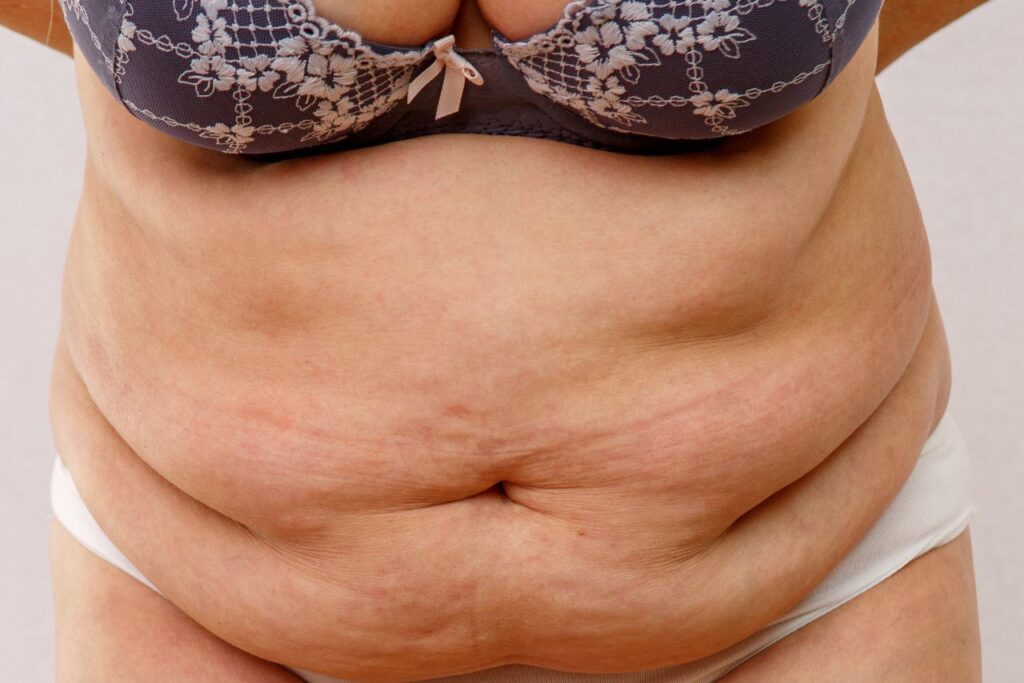
Belly fat, especially the kind that wraps around your organs, can seriously affect your health. Research shows that women over 50 with belly fat are more than twice as likely to develop heart disease.
Even after accounting for factors like blood pressure, cholesterol, smoking, and body weight, the risk remained nearly double. For every two inches added to a woman’s waistline, the risk of heart disease increased by 10%.
But heart disease isn’t the only concern. Research found that women with high levels of belly fat were 37% more likely to develop asthma. This may be due to the inflammation caused by this fat throughout the body, including in the airways.
Belly fat has also been linked to colorectal and breast cancer. One study showed that postmenopausal women with more belly fat nearly double their risk of colorectal cancer. Another study found that losing just 12 pounds can lower the risk of breast cancer by changing related biomarkers like estrogen and inflammatory proteins.
Women in their 50s with the most belly fat were three times more likely to develop dementia 30 to 40 years later compared to those with less fat in their abdomen, according to this study.
Other health issues connected to belly fat include diabetes, stroke, lung problems, heartburn, sleep troubles, and migraines. Therefore, having too much belly fat can nearly double your risk of dying early.
Managing belly fat is crucial for a healthier and longer life.
Tips for Reducing Belly Fat After Age 50
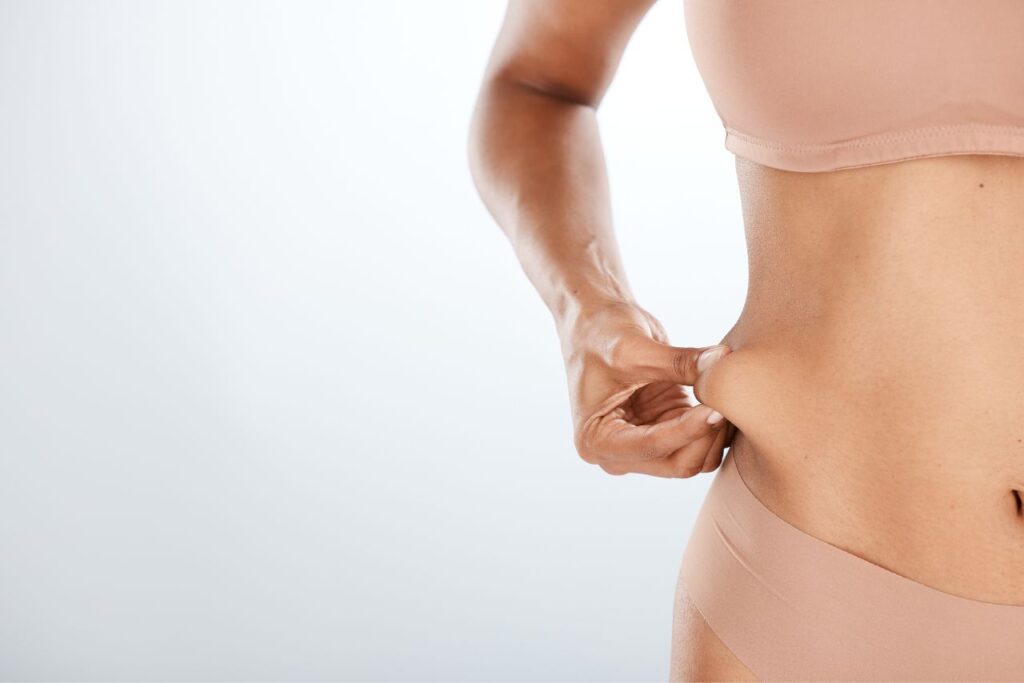
If you want to effectively control and lose belly fat after age 50, you need to make changes to your diet, start exercising regularly, and change your overall way of life.
Here are some tips to consider:
Eat a balanced diet
A balanced diet should include whole, nutrient-dense foods like fruits, vegetables, lean proteins, and healthy fats. Eat fewer processed foods, refined carbs, and added sugars because they can make you gain weight and get belly fat.
Stay hydrated
Drinking plenty of water can help support your body’s metabolic processes and may help reduce belly fat. Try to drink eight glasses of water every day.
Manage your stress levels
Regular stress can make you gain belly fat, so it is important to find healthy ways to deal with it, like doing yoga, mindfulness, or relaxing activities like reading or listening to music.
Get enough sleep
Adequate sleep is crucial for overall health and can also impact belly fat accumulation. Aim for seven to nine hours of quality sleep per night to support your body’s natural processes and hormonal balance.
Include strength workouts
Strength training exercises, such as weightlifting or resistance band workouts, can help build and maintain lean muscle mass, which can boost your metabolism and aid in fat burning.
Consider high-intensity interval training (HIIT)
HIIT workouts, which include short bursts of intense exercise followed by rest periods, can help you lose fat, even belly fat.
Stay consistent
Consistency is key when it comes to managing and reducing belly fat. Stick to a regular exercise routine and maintain a healthy diet over time to see lasting results.
READ ALSO: The Best Standing Abs Workouts to Lose Belly Fat
Closing Thoughts
Getting belly fat after age 50 is something that many women worry about. However, different people are genetically more or less likely to store fat in different ways.
Even though menopause can not be avoided, weight or belly fat gain does not have to be.
Getting rid of visceral fat is the most important thing you can do to avoid the problems that come with it. You can lessen the effects of these changes on your body by making some changes to how you live.
Eat a balanced diet of whole, nutrient-dense foods, stay hydrated, manage stress, and exercise regularly.
Stay consistent and be kind to yourself on this journey!
Explore More
If you’re struggling with managing belly fat after age 50, the New You Weight Loss 14-Day Challenge or Fabulous 14-Day Glow Up Challenge are designed to help women over 50 shed stubborn belly fat, improve fitness, and tone muscles.
With tailored exercises and nutrition plans, these challenges will empower you to achieve sustainable results, all while boosting your confidence and energy.
If you’re also noticing menopause belly fat, our Menopause & Nutrition Weight Loss Bundle provides you with the tools you need to manage your weight and combat belly fat during this stage of life.
You can finally achieve your goals with expert nutrition and fitness advice for women over 50.

